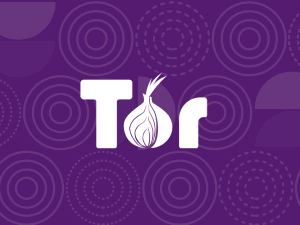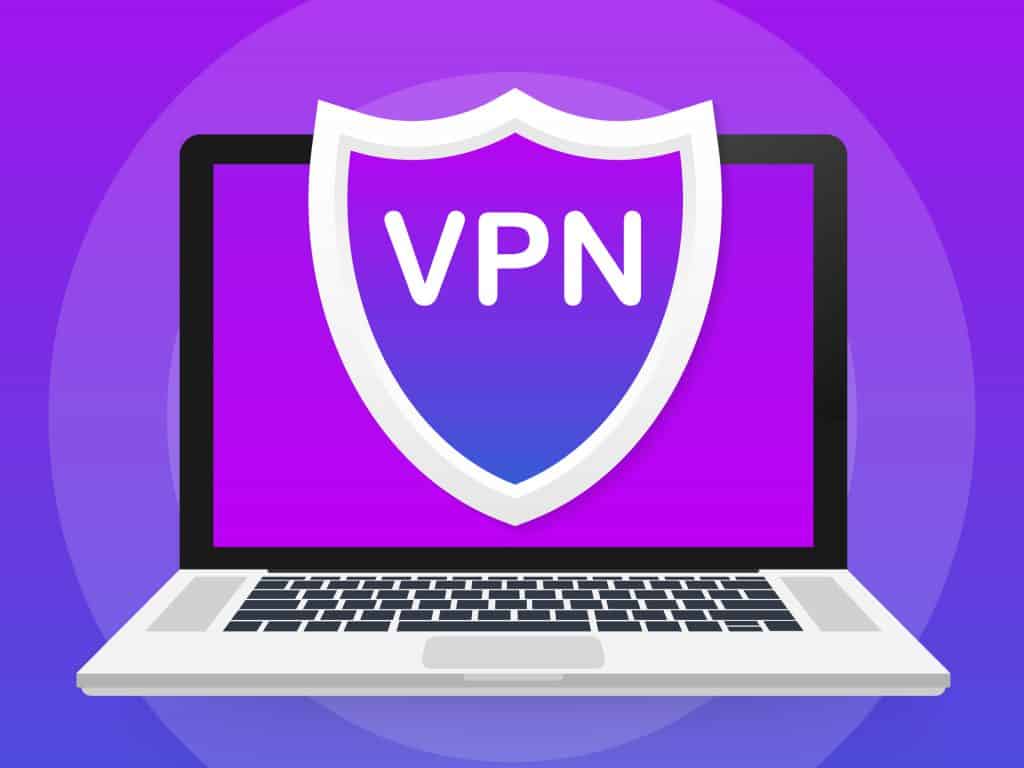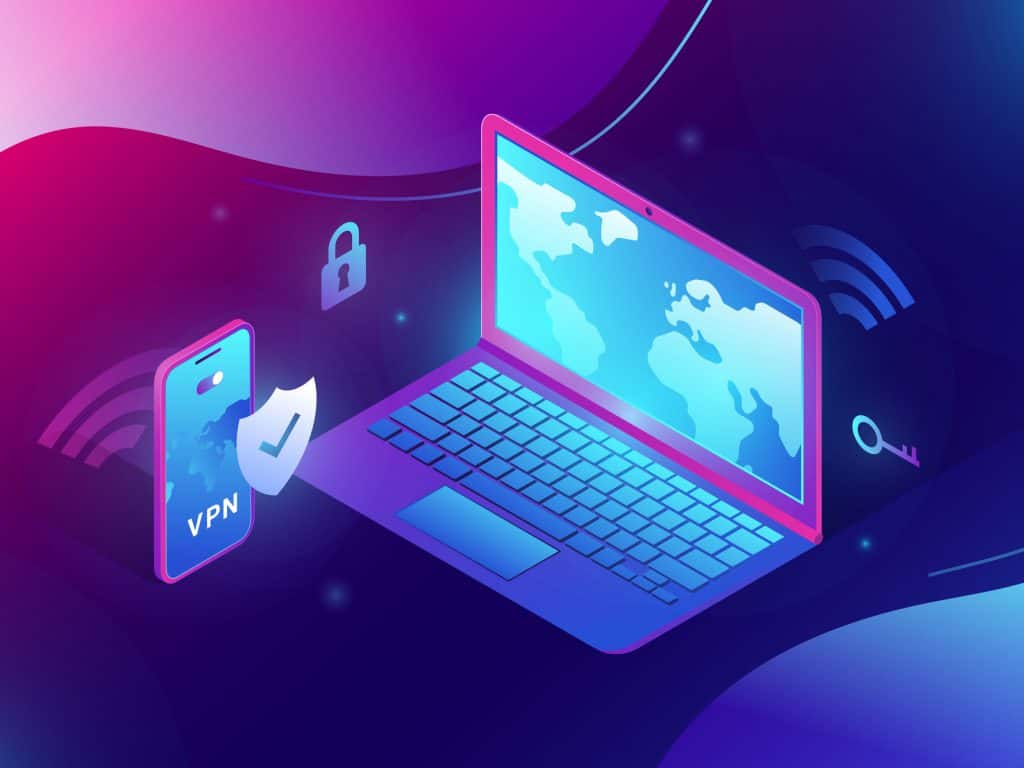What Is Onion Over VPN?
- By Douglas Moore
- July 3, 2020
Disclosure: Some links in this guide are affiliate links. We may get paid if you buy something or take an action after clicking one of these links, at no additional cost to you. It’s how we fund the work that it takes for us to create and maintain these guides.

Using VPNs has also grown in popularity for the same reasons. So Onion over VPN is basically using the Tor browser over a VPN connection, for tighter security. But what is Tor, exactly? And does it make sense for the average user to use these two strong layers of protection to keep their privacy safe? We’ll go over the answers to these questions so you can make up your mind about what you actually need.
What is The Onion Router – Tor?
The Tor browser was originally created by the US Navy in the 1990s and launched under a free license to the public in 2002 with the intent to protect internet users’ privacy, mostly from corporations rather than from governments. The free service offered by numerous websites also meant that they store user browsing data. Having the option of using the Tor browser would allow users to decide for themselves whether they can trust Amazon, Google, and so on.
The way Tor protects user anonymity is different from that of a VPN, which uses encrypted tunnels. Rather, Tor reroutes your web traffic through its network, bouncing it through three randomly selected nodes (an entry note, a middle relay, and a third (final) exit node). This three-layer proxy technology is where the name “onion router” comes from – it has layers like an onion.
Keep in mind that while this random selection of servers increases your online anonymity, it’s not 100% foolproof. After bouncing through the random nodes, your traffic eventually exits through the exit node, and exit nodes can be hacked or compromised (monitored) by its owner, thus exposing your private data.
Now a last word on dispelling myths, particularly concerning Tor’s connection to the “dark web.” Normally, Tor is used by people who want to keep their online activities private, IT professionals, people wary of cyberspying, and journalists/political activists/regular folks trying to access censored content from authoritarian regimes. However, Tor’s also been taken advantage of by people engaging in criminal activities, such as selling drugs and spreading malware, at the very least.
Still, this is neither the intent behind Tor’s creation or development, and as Tor’s own FAQ site points out, criminals will find ways to engage in illicit activity, regardless of whether Tor as a tool exists or not. So let’s not hate the tool because of the tools that are misusing it.
Using Tor Over VPN
A good VPN provider reroutes your internet traffic through an encrypted tunnel so as to protect your online activity from the websites you visit, your ISP, as well as marketing and government agencies. The best VPN providers generally use 256-bit encryption (military-grade) and additionally give you options on selecting what sort of security you’d like to use (the tougher the security the slower the connection – so you may choose to tweak it for some activities, like gaming or streaming).
However, a VPN can’t give you full anonymity, either. There’s always the chance of data, DNS, or IP leaks. A VPN server may get hacked before your logs for the day are deleted. Plus, the deal with VPNs is, well, the VPN provider. No matter how great the VPN provider is, you still have to trust that they really don’t keep any logs and really won’t store your data. As Tor doesn’t have an “owner” in the way that VPNs do, so to speak, and the nodes are provided by anonymous volunteers worldwide, there’s no centralized body that could potentially have access to your private information. This is why some people have recommended using Tor over VPN, to double the layer of protection.
Using Onion over VPN, or Tor over VPN means connecting to your VPN provider and then browsing through Tor. This prevents your ISP from detecting that you’re using Tor – they’ll only see that you’re using a VPN (unless your VPN uses a cloak, i.e. obfuscation, in which case your ISP won’t be able to see that you’re using a VPN, either).
Another advantage is that the Tor exit node – which we noted as a point of vulnerability of being hacked – gets encrypted by the VPN, thus increasing security. However, with this configuration, your VPN still has access to your IP address.
So the converse way you can do this is by first connecting to Tor, and then to your VPN. An advantage here is that your VPN won’t have access to your real IP address.
In any case, using this sort of double-layer protection will significantly decrease your internet speed. Another great disadvantage is that a lot of VPN providers don’t actually offer the necessary configuration to use the Tor browser. Some VPNs, like NordVPN, directly offer an Onion over VPN option. However, letting your VPN do Tor for you, sort of misses the point of you using Tor in the first place, as they’ll end up having more of your personal data than you’d intend.
Should You Use Onion Over VPN?
Using onion over VPN isn’t recommended on a daily basis for the average user. You’d be slowing down your speed and possibly experiencing issues with your VPN service. Most people could alternate between using a VPN or Tor based on their activity and purpose. Overall, Tor doesn’t recommend using both for the average user as they may end up compromising their privacy rather than enhancing it. However, this combination can be used effectively if the user is tech-savvy and knows how to configure Onion over VPN without compromising privacy and anonymity.
In general, this sort of layered anonymity protection is recommended for individuals who really need it, like journalists, political activists, whistleblowers, people living in authoritarian regimes, and folks that work with sensitive data. If you don’t fall in any of the above categories, this method will just give you a headache.
A Few Words Before You Go…
Hopefully, this article has helped you understand the difference between Tor and VPNs, as well as what it means to use them together. VPNs rely on encryption, while Tor relies on random nodes to keep your private data secure.
Anonymity is important, but it’s also important to know what method is best for you. Using Onion over VPN, in particular, isn’t for everyone.
View Related Articles

How to Turn Off Your VPN On Windows and Android
You probably already know all the benefits you can enjoy from using a VPN. VPNs use encrypted tunnels to reroute your online traffic through their own servers, so your private online activities won’t be visible to anyone including ISPs, governments, employers, and so on.

Best VPNs For Streaming: Reviews Of Our Favorites (2020)
Lots of streaming services have implemented geo-restrictions for one reason or another. For instance, the reason why the US Netflix library is richer than the Netflix libraries of other countries is simply due to licensing issues. Some countries other than the US may not have the license to stream a certain show, so Netflix can’t share it in that country’s library, either.

A Beginner’s Guide to VPN Features and Geek Speak
So you finally decide to get a VPN, and begin to scour the internet for the best option for your needs. However, you keep coming across terminology that’s somewhat beyond you. What’s the meaning of all those features and technology that different VPNs are equipped with?
